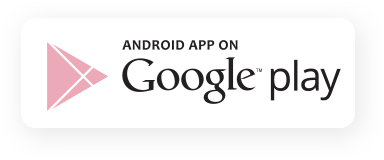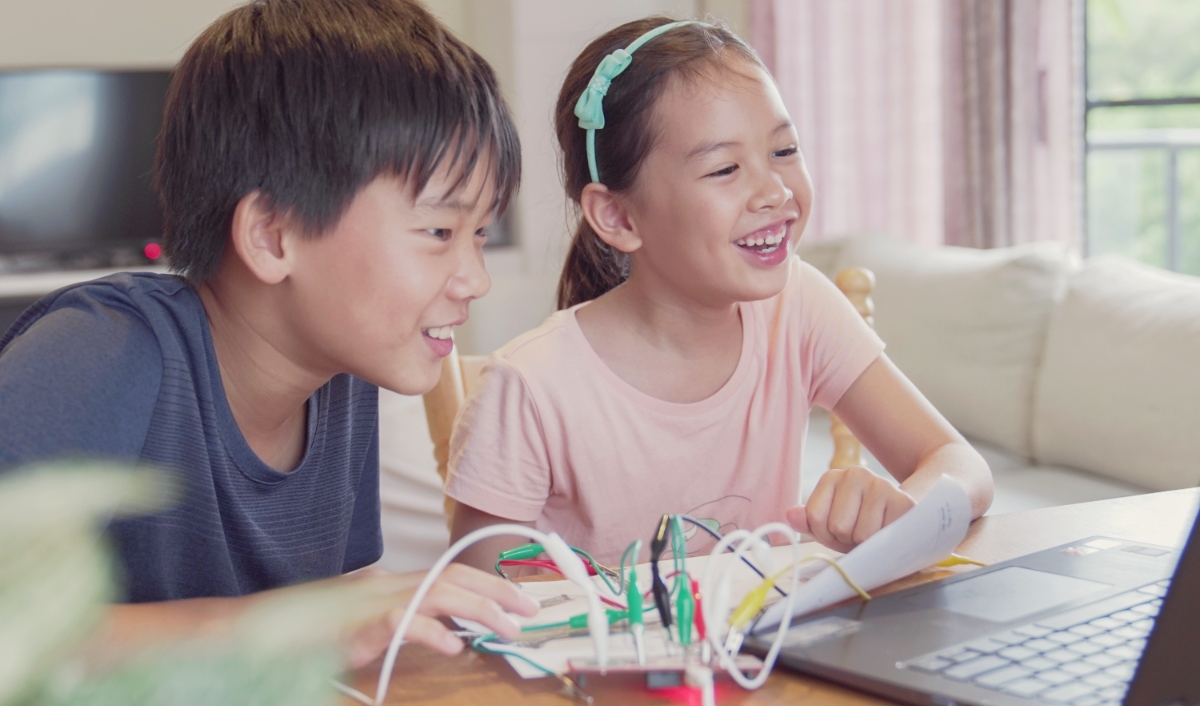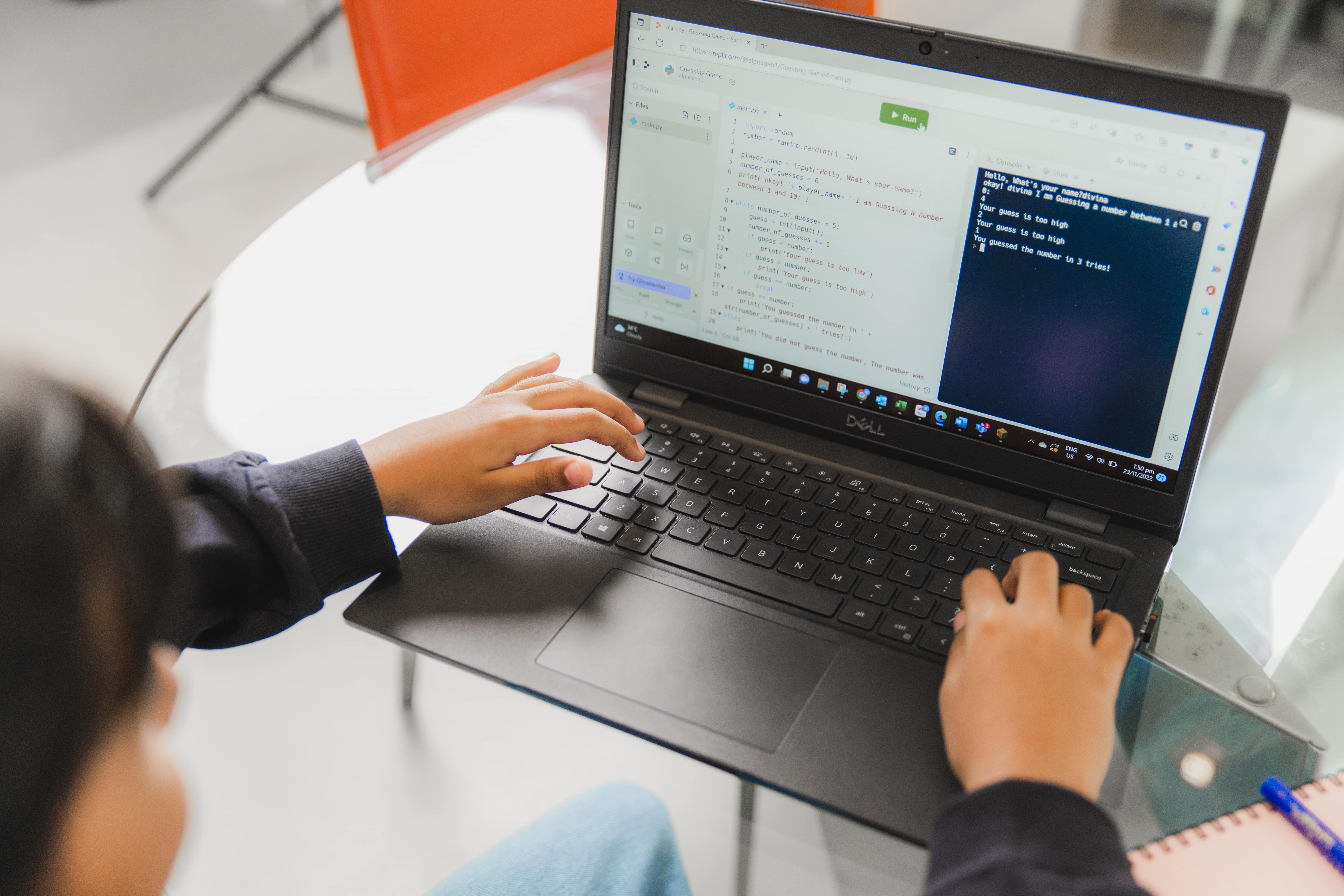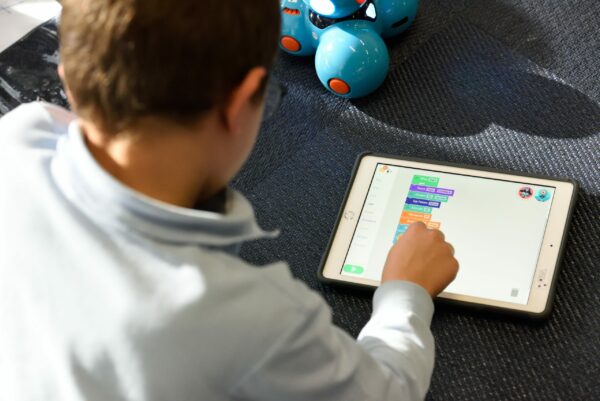Why Coding for Kids Matters: Building Skills for the Future
Coding and The Digital Age
Over the past decade, coding has become an integral part of our everyday lives, driving everything from smartphones to guided automation in various industries. Kids today are natives to this digital age, witnessing technology’s incredible evolution. Teaching them how to code is akin to teaching them the language of their own world.
Learning the fundamental principles of coding isn’t merely about preparing your kids to have a successful career in the tech industry. More than this, it’s about equipping them with a crucial understanding of the digital age. With the digital age, we’re not just using computers – we’re creating with them. After all, behind every application, website or device is a powerful coding language.
Benefits of Teaching Kids to Code
In the rapidly evolving digital age, one of the most essential tools your children can master is coding. By teaching coding, you’re not only equipping them with job skills for the future but also fostering invaluable life skills.
Unlocking Creativity and Problem-Solving
One tremendous benefit of teaching kids to code is the effect on their creativity and problem-solving abilities. Coding is like a puzzle – figuring out what you want to create, then sequentially arranging the coding elements to make your vision a reality. This process boosts children’s creativity as they map out their ideas and discover innovative ways to communicate them. Each line of code gives your child the power to create something from nothing, an ability that is sure to feed their imagination.
Similarly, when encountering coding issues, kids must engage their problem-solving skills, finding solutions and learning from mistakes as they go. Furthermore, it fosters a sense of resilience and determination, as often, successful coding takes several attempts. In essence, mastering the art of coding not only serves as an avenue for kids to express their creativity but also arms them with an indomitable spirit to forge ahead and never back down from challenges.
Enhancing Math and Science Abilities
At its core, coding is greatly mathematical and scientific. It involves algorithms, computation, understanding patterns and abstract thinking – elements fundamental to maths and science – and a fun way to learn these concepts. As children learn to code, they also refine these other abilities, often without even realising it. This improved performance in key subjects can open opportunities in various academic and career fields, especially in STEM areas. In addition, understanding the world of numbers and scientific phenomena becomes simpler, and children can absorb these subjects more readily, instilling a sense of confidence in these often challenging subjects.
Promoting Critical Thinking and Decision Making
Every moment of our day, we find ourselves engaged in some form of decision-making. From making breakfast choices to deciding the route to get to school, our lives are a kaleidoscope of choices.
The ability to think critically, analyse options and make informed decisions is an essential life skill – one that has profound implications. Coding can play an instrumental role in developing this skill in children. They learn to break down complex problems into smaller, manageable parts, devise logical sequences and anticipate potential outcomes.
Every line of code is a decision they make and gives immediate feedback, enabling them to adjust their thinking process accordingly. Coding not only prompts kids to think critically, but also enhances their decision-making skills. This leads to more strategic, effective problem-solvers and decision-makers – skills that are undeniably indispensable in today’s fast-paced world.
Overcoming Challenges
As with any journey, there will be hurdles along the way. Learning how to code, while extremely beneficial, is no different. It requires persistence, resilience, and a willingness to make mistakes. It is not a hurdle-free path, but then, what meaningful journey is?
In teaching our kids to code, however, we’re teaching them more than just a tech skill. We’re teaching them the treasured art of resilience, the power of persistence and the importance of learning from their mistakes. Overcoming these challenges enhances their self-confidence, helps them develop a growth mindset and provides a sense of accomplishment.
5 Practical Tips for Teaching Kids How To Code
Teaching your children how to code can contribute greatly to their personal and academic growth. However, finding the right approach can sometimes be a challenging task, regardless of what age your child is at. Below are five practical strategies to guide you in teaching coding to your offspring.
- Introduce the Concept of Coding Early
Start by familiarising your child with the basics of coding at a young age. You can begin with simple and engaging coding activities or games that stimulate their interest in programming. Interactive coding apps often strike the perfect balance between learning and playing, fostering an enjoyable and educational experience.
- Encourage Experimentation and Creativity
Teaching kids to code isn’t just about following rules and instructions. One of the most important aspects is allowing them to explore and create freely. Encourage them to experiment with different solutions and to think outside the box. By doing so, they develop a deeper understanding of programming and its potential.
- Use Fun and Interactive Learning Tools
There are a plethora of online platforms and apps designed specifically for teaching kids to code in a fun and practical way. These interactive tools use animation, puzzles, and games to introduce basic coding concepts, making the whole learning process more engaging and interesting.
- Draw Connections with Real-life Scenarios
Drawing connections between code and everyday life can make learning code easier and more practical. It helps your child understand coding’s relevance and how it can be used to solve real-world problems. Instilling this early on will help make your child see coding as a functional tool more than an abstract concept.
- Be Patient and Encourage Persistence
Remember, like any other skill, coding also requires time to master. Your child might find some concepts challenging and may even get frustrated with their mistakes. It’s important to encourage perseverance and to remind them that making mistakes is part of the learning process. Let them know that every mistake brings them one step closer to success.
Coding Programs and Resources for Kids
In this digital age, an abundance of resources are available to help children learn to code. Coding programs for kids are designed to be fun, engaging, and user-friendly. They use a variety of methods, from drag and drop coding blocks to simple, clean text-based coding languages. The complexity and methodology of these programs may vary, but their goal remains the same: make programming understandable and enjoyable for kids.
Scratch
For starters, Scratch is an excellent resource. It’s a free online tool developed by the Massachusetts Institute of Technology (MIT) that aids kids in understanding Scratch programming through a visual programming language. Children can create games, animations, and interactive stories, all while learning coding concepts.
Code.org
Another remarkable platform is Code.org. This non-profit organisation offers an array of coding lessons that are age-appropriate and caters specifically to students from K-12 level. Code.org also organises the ‘Hour of Code’ – an annual global event that encourages kids to experience coding…
Khan Academy
Khan Academy is a free learning resource that teaches not just coding, but also a wide variety of subjects like mathematics, science, economics and more. However, in terms of coding for children, it offers an impressive range of interactive lessons, video tutorials, and practical coding exercises that can help kids grasp the concept easily.
Conclusion
To wrap things up, coding is unquestionably a vital skill set that can remarkably prepare your children for an increasingly digitalised future. But it’s not just about gearing them up for potential careers in tech industries. Teaching kids to code also broadly enhances their creative thinking, problem-solving, critical decision-making, and even their maths and science abilities.
As we’ve outlined, it’s not without its challenges. Every child learns differently, and coding can initially seem complex. However, with patience, dedication, and utilising the myriad of exciting coding resources such as Scratch, Code.org and Khan Academy, it’s accessible to all.
Remember, the best way to promote and foster coding skills in children is through enjoyable, interactive and relatable learning experiences. Embark upon this rewarding journey with your children, guiding them towards a future full of limitless possibilities.
As a parent, your role is crucial in nurturing this generation of digital wizards, one line of code at a time. Remember, the journey of coding is as important as the outcome. So, delve in, enjoy, and happy coding!
FAQ
As you journey through the world of coding with your children, there might be a few questions that come to mind. We’ve aimed to answer some of the most frequently asked queries below.
Why should my child learn to code?
Coding is as vital as reading and writing in the 21st century. Essential for understanding and navigating technology, it can unlock countless opportunities for your child. It enhances creativity, critical thinking, and problem-solving skills and bolsters their academic performance, particularly in mathematics and science.
At what age should a child start learning to code?
Coding can be introduced as early as six years, but it’s never too late to start. The key is to make coding enjoyable and relevant to their interests, regardless of their age. You can introduce it through easy-to-use platforms like Scratch, which simplifies coding concepts into blocks for ease and fun.
How can I make coding engaging for my child?
A blend of fun, creativity, and real-world connections can make coding interesting. Start with easy concepts, and gradually introduce more complex ones. Highlight the effects of coding in everyday life, such as in games and apps that they enjoy. Use interactive learning tools such as online coding platforms, which often present coding in the form of puzzles and games. Most importantly, be patient and encourage persistence. Even if they make mistakes, they’re learning valuable lessons.
What if my child loses interest in coding?
That’s completely fine. Coding might not be for everyone, but knowing its basics is important in today’s digital age. If your child loses interest, try different approaches, like introducing a new platform or relating coding to their hobbies. Reinforce the relevance and usefulness of coding in various fields, from video games to medical science. Remember, the objective is not about becoming a professional coder, but opening doors to possibilities that coding provides.
Alphagen Learning’s curriculum introduces kids to coding in a fun and enjoyable way. Their 1 on 1 classes are personalised based on the interests of each child, for an engaging class. Their experienced instructors focus on helping students develop transferable skills like problem-solving, critical thinking and more through real world projects.







